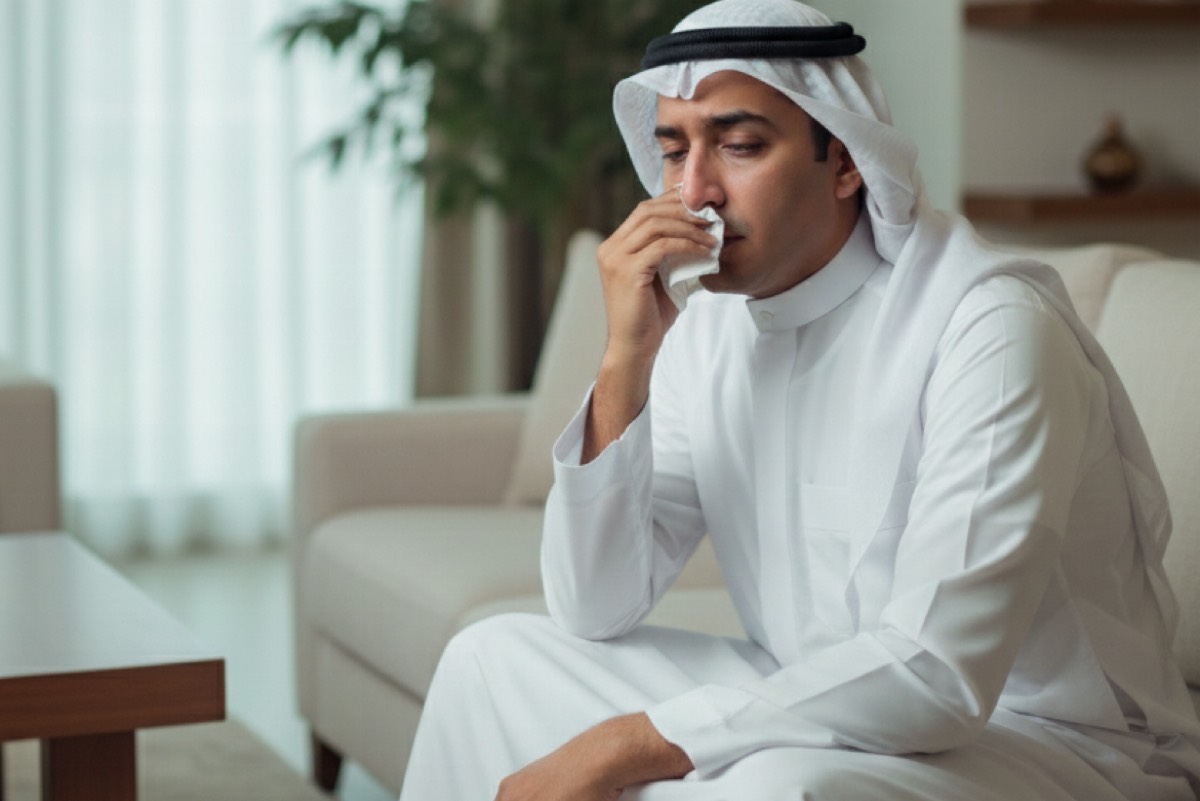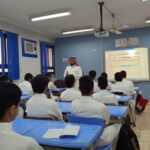Assistant Professor and Consultant in Ear, Nose, and Throat Surgery, Dr. Abdulaziz Al-Balaa, has identified the cases that require sinus surgery.
He confirmed that surgical intervention is not the first choice, as acute infections usually respond to medications and nasal sprays.
Dr. Al-Balaa explained that surgery is considered a secondary treatment option for chronic sinusitis, which lasts for more than three months without responding to traditional treatments.
He emphasized that the main goal of the surgery is to improve the patient’s quality of life, noting that although inflammation may return in some cases after years, the majority of patients do not need to repeat the surgery.
Regarding the causes of chronic inflammation, Al-Balaa indicated that it often results from chronic allergies or environmental triggers such as dust, perfumes, and air conditioning, in addition to anatomical factors in the structure of the nose.
In the same context, he corrected a common misconception about “nasal polyps” or “nasal turbinates,” confirming that they play a vital role in filtering and warming air, and that complete removal is not necessary; rather, they are managed medically according to each patient’s individual condition.
He added that accurate diagnosis begins with taking medical history and clinical examination, and may require more precise tests including nasal endoscopy or CT scans to determine the patient’s need for surgery.
To ensure the long-term continuity of positive surgical outcomes, Al-Balaa highlighted the importance of following medical advice and using nasal sprays when needed, explaining that nasal irrigation is a supportive factor for moisturizing the nose and not a direct treatment for inflammation.






